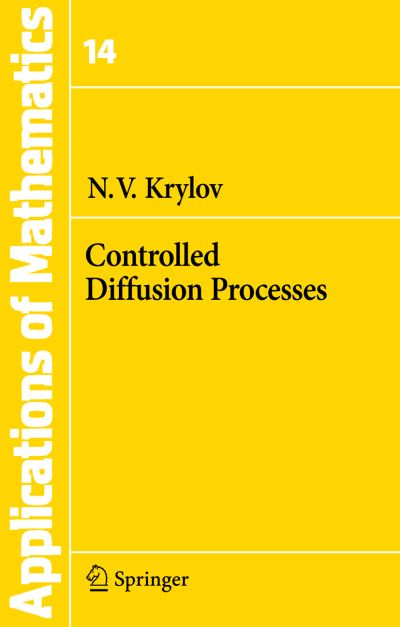
Stochastic control theory is a relatively young branch of mathematics. The beginning of its intensive development falls in the late 1950s and early 1960s. ~urin~ that period an extensive literature appeared on optimal stochastic control using the quadratic performance criterion (see references in Wonham [76]). At the same time, Girsanov [25] and Howard [26] made the first steps in constructing a general theory, based on Bellman's technique of dynamic programming, developed by him somewhat earlier [4]. Two types of engineering problems engendered two different parts of stochastic control theory. Problems of the first type are associated with multistep decision making in discrete time, and are treated in the theory of discrete stochastic dynamic programming. For more on this theory, we note in addition to the work of Howard and Bellman, mentioned above, the books by Derman [8], Mine and Osaki [55], and Dynkin and Yushkevich [12]. Another class of engineering problems which encouraged the development of the theory of stochastic control involves time continuous control of a dynamic system in the presence of random noise. The case where the system is described by a differential equation and the noise is modeled as a time continuous random process is the core of the optimal control theory of diffusion processes. This book deals with this latter theory.
| ISBN: | 9783540709138 |
| Publication date: | 15th October 2008 |
| Author: | N V Krylov |
| Publisher: | Springer an imprint of Springer Berlin Heidelberg |
| Format: | Paperback |
| Pagination: | 310 pages |
| Series: | Stochastic Modelling and Applied Probability |
| Genres: |
Cybernetics and systems theory Stochastics Probability and statistics |